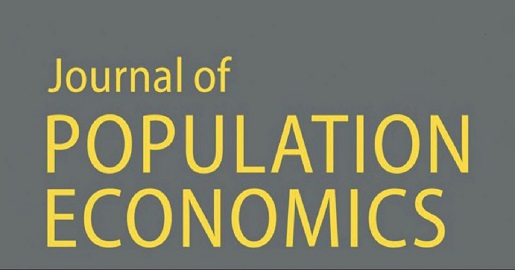A new paper published online in the Journal of Population Economics indicates that the negative COVID-19 labour market effects are felt the most by people in the lowest percentiles of the financial wellbeing distribution suggesting significant increases in financial wellbeing disadvantage and inequality.
The Global Labor Organization (GLO) is an independent, non-partisan and non-governmental organization that functions as an international network and virtual platform to stimulate global research, debate and collaboration.

Implications of COVID-19 labour market shocks for inequality in financial wellbeing
by Botha, Ferdi; de New, John P.; de New, Sonja C.; Ribar, David C. & Salamanca, Nicolás
Published ONLINE FIRST 2021: Journal of Population Economics, scheduled for Issue2/2021.
FREE READLINK: https://rdcu.be/cdBX6 FREE ACCESS to PDF. Previous version GLO DP 661.
GLO Fellows John P. de New & David C. Ribar

John P. de New 
David C. Ribar
Author Abstract: Australia’s economy abruptly entered into a recession due to the COVID-19 pandemic of 2020. Related labour market shocks on Australian residents have been substantial due to business closures and social distancing restrictions. Government measures are in place to reduce flow-on effects to people’s financial situations, but the extent to which Australian residents suffering these shocks experience lower levels of financial wellbeing, including associated implications for inequality, is unknown. Using novel data we collected from 2078 Australian residents during April to July 2020, we show that experiencing a labour market shock during the pandemic is associated with a 29% lower level of perceived financial wellbeing, on average. Unconditional quantile regressions indicate that lower levels of financial wellbeing are present across the entire distribution, except at the very top. Distribution analyses indicate that the labour market shocks are also associated with higher levels of inequality in financial wellbeing. Financial counselling and support targeted at people who experience labour market shocks could help them to manage financial commitments and regain financial control during periods of economic uncertainty.
Access to the recently published Volume 34, Issue 1, January 2021.
LEAD ARTICLE OF ISSUE 1, 2021:
Štěpán Jurajda & Dejan Kovač: Names and behavior in a war — READLINK: https://rdcu.be/b9xkX
Ends;

